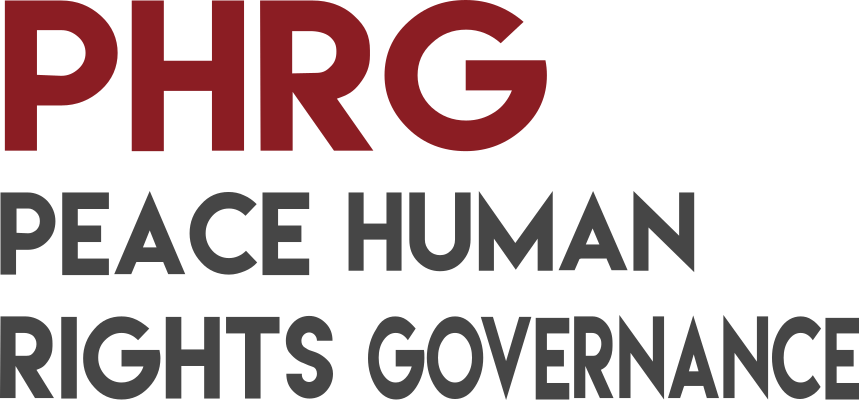Abstract
Since independence, Timor-Leste has been described as a rare ‘success story’ of international state- and peacebuilding interventions. However, the policies implemented by subsequent governments of Timor-Leste since the second half of the 2000s privileged investments in capital-intensive extractive industries that did not improve the living standards of local population and revenues from resource exploitation were used to appease politically aligned armed groups. Through a political economy analysis of Timor-Leste’s development policies, the present paper will argue that exploitation of natural resources, notably oil and gas in the Timor Gap, provided significant incomes for the state, which allowed it to support development projects and appeasing initiatives that prevented conflict recurrence (e.g. cash transfers). Nonetheless, while such initiatives prevented a conflict relapse among opposing parties and former resistance fighters, these policies did not address underlying conflict grievances. In consideration of mismanagement of the Petroleum Fund, once its resources are depleted, social tensions might re-emerge and lead to a renewed conflict.
Keywords
Download
Dal Poz A. (2018) "‘Buying Peace’ in Timor-Leste: Another UN-success Story?
", Peace Human Rights Governance, 2(2), 185-219. DOI: 10.14658/PUPJ-PHRG-2018-2-3
Year of Publication
2018
Journal
Peace Human Rights Governance
Volume
2
Issue Number
2
Start Page
185
Last Page
219
Date Published
07/2018
ISSN Number
2532-649X
Serial Article Number
3
DOI
10.14658/PUPJ-PHRG-2018-2-3
Section
Articles

 © 2026 Padova University Press - Università degli Studi di Padova
© 2026 Padova University Press - Università degli Studi di Padova